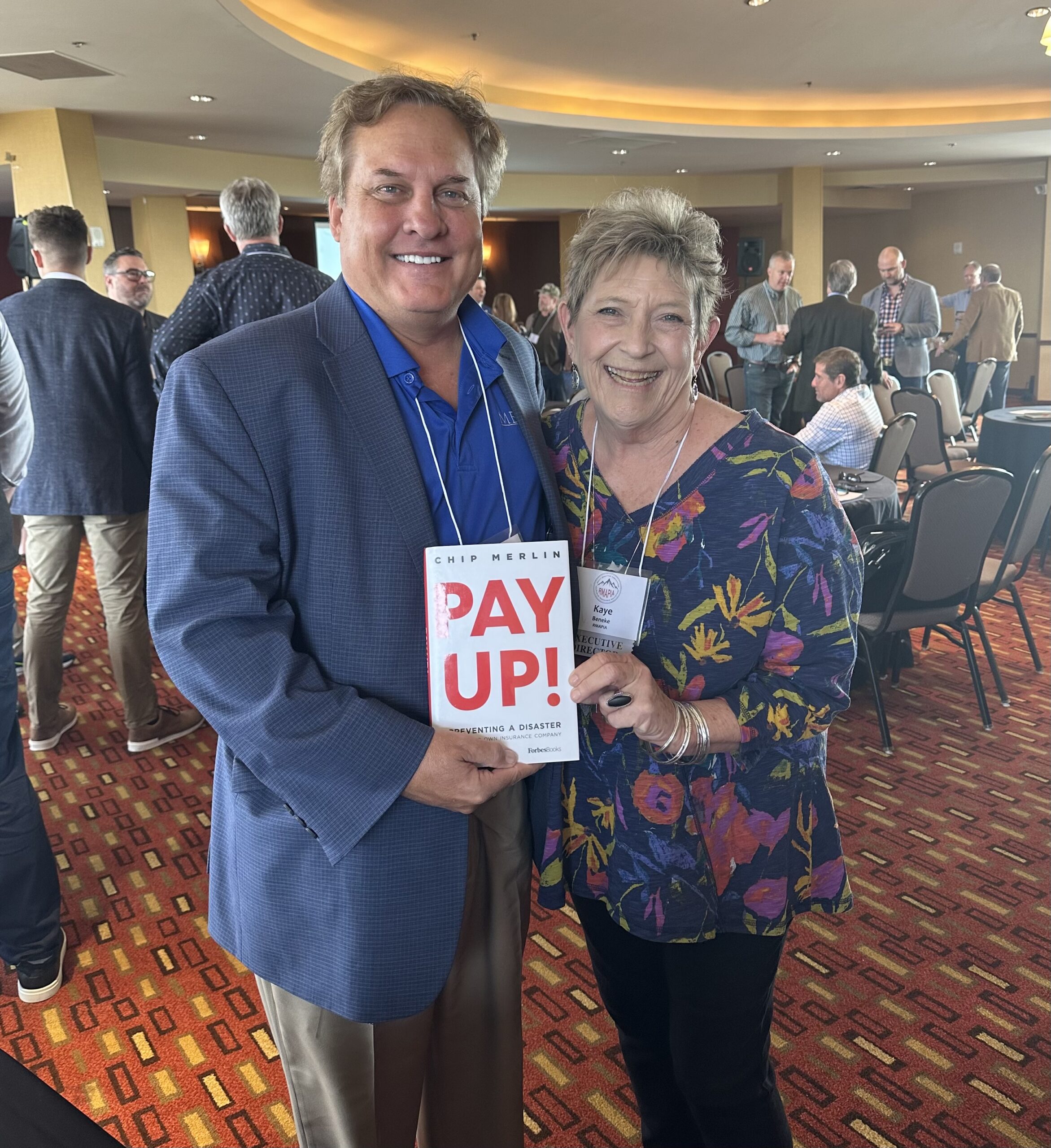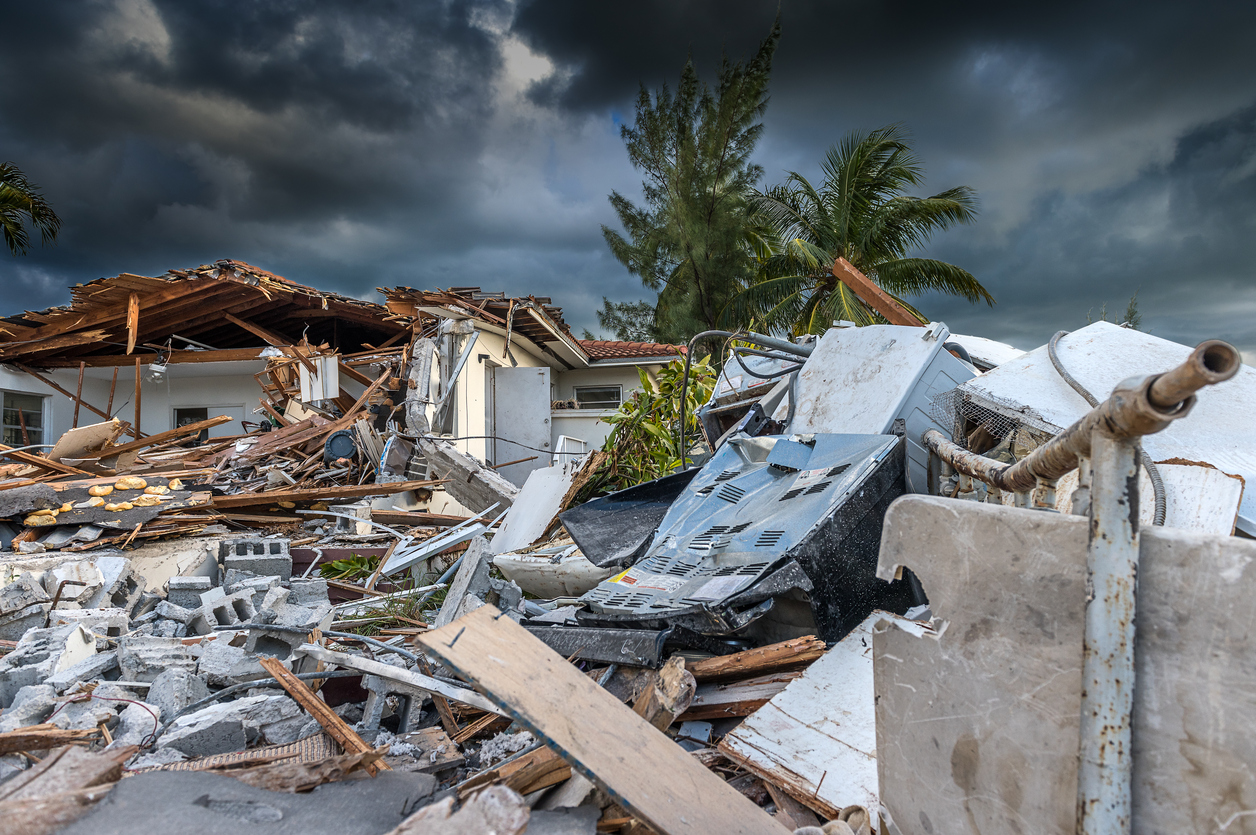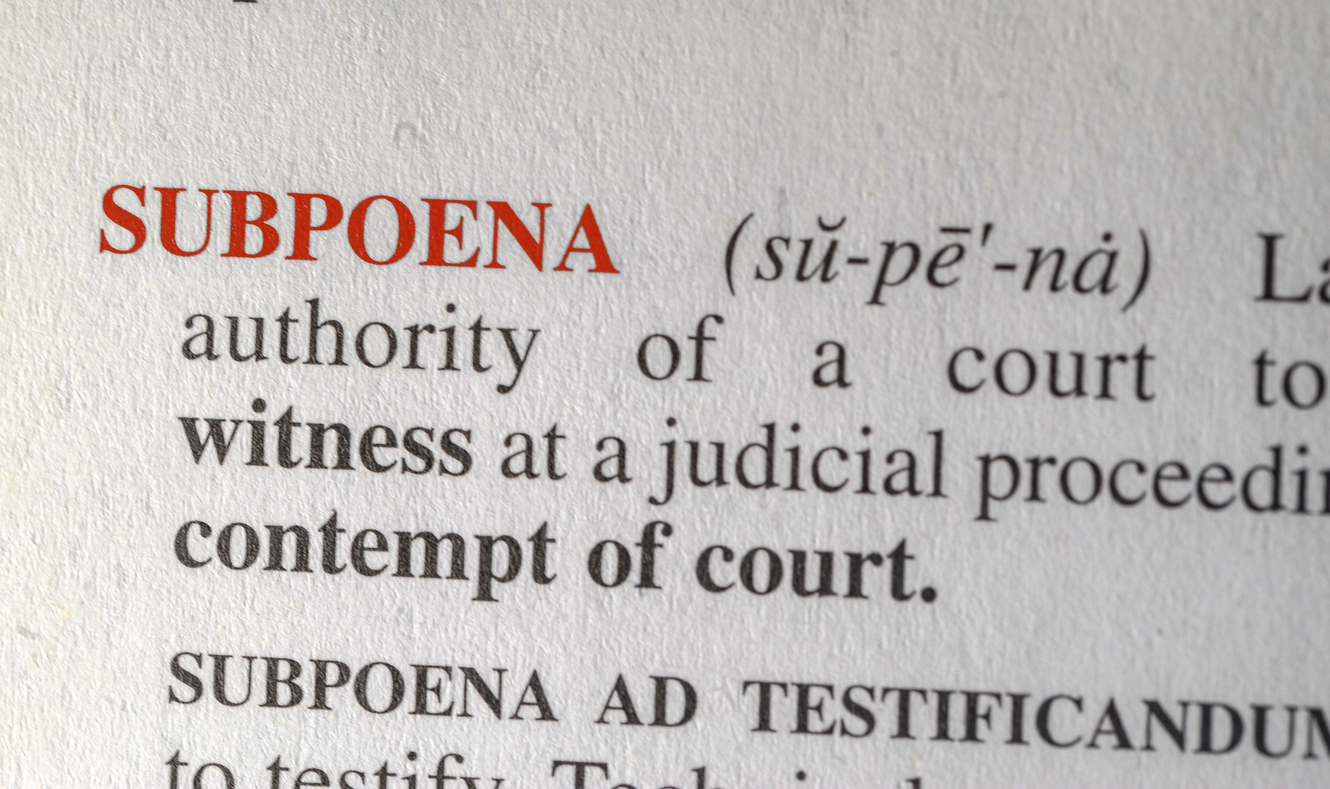The Rocky Mountain Association of Public Insurance Adjusters (RMAPIA) held one of the most informative public adjuster meetings I have ever attended. Kaye Beneke (pictured above) has been the Executive Director. She is retiring but leaving RMAPIA in great shape.
During my presentation yesterday, Toni Marie Morrow raised the issue of insurance companies hiring outcome and biased experts. She complained about an email sent by a Community Association Underwriters (CAU) claims adjuster. Here is the email:
Gentlemen,
We all know the drill on these alleged hail losses.
PA is asking for inspection the same week as the other loss we are reinspecting.
Dan and Keith please get dates to William ASAP and William will confirm dates with the PA – copy me on dates of inspection confirmation
Prior wind claim handled by Kathy under #110016, DOL 07/20/2020.
No coverage found, JS Held & Haag were on that loss as well.
The deductible is 2500.
Toni was concerned about the “We all know the drill on these alleged hail losses.” I was more concerned about the last line regarding the deductible.
I cannot think of a legitimate reason for the CAU property insurance adjuster to send information about the deductible amount to the JS Held and HAAG individuals. Indeed, if I worked for JS Held or HAAG, I would ask the CAU adjuster why that information was sent to me.
There is an ethical concern if a property insurance adjuster tries to signal to the engineer and estimator to arrive at theories of damage that result in loss valuations less than the deductible. I cannot think of any other reason why that information would be shared with those people.
Attorney Clint Brasher spoke this morning about rules of property insurance claims handling that the insurance industry recognizes. While he was giving his speech, I made notes regarding rules that are broken by insurance company adjusters signaling in advance the dollars which will make the insurance company have to pay money:
- Conflict of interest: If an adjuster intentionally influences the engineer’s findings to save the insurance company money, it creates a conflict of interest. The adjuster’s primary responsibility should be to provide a fair and accurate assessment of the damages, not to protect the insurance company’s financial interests at the expense of the insured.
- Misrepresentation: By attempting to manipulate the engineer’s findings, the adjuster is essentially misrepresenting the true extent of the damages. This is not only unethical but may also be illegal, depending on the jurisdiction.
- Breach of trust: Policyholders trust that their insurance company will act in their best interests when handling claims. If an adjuster attempts to manipulate the findings to avoid paying a claim, they are breaching this trust and acting unethically.
- Professional integrity: Adjusters and engineers are expected to maintain a high level of professional integrity. Attempting to manipulate the findings for financial gain goes against the ethical standards of their trades and professions.
Their primary goal of claims investigation and evaluation should be to provide an accurate assessment of the damages, which will determine the appropriate level of coverage and compensation for the policyholder.
Does anybody know of a legitimate reason for the property insurance adjuster to provide the deductible information to the outside experts?
Thought For The Day
I follow three rules: Do the right thing, do the best you can, and always show people you care.
—Lou Holtz





